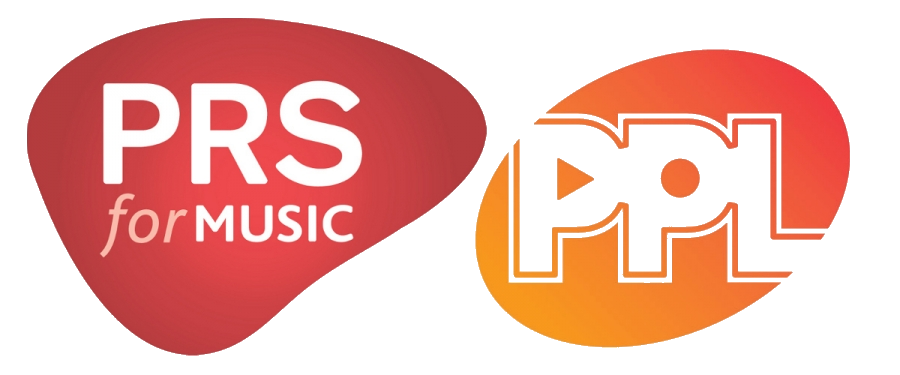Pre-recorded Shows
If you are pre-recording programmes, or Voice-tracking, DO NOT give the impression that it is live. I.e. don't ask for requests, or say that it's live.
When recording a pre-recorded specialist music show, ensure that it is segments of 30 minutes in length with the last segment a little longer (ideally ending on music), anything more will not be played out.
Always end on music.
Always label your shows in accordance to which week it will go out. (ie fredsshow1a.mp3 for first 30minutes, fredsshow1b.mp3 for the second etc.)
Bad language & inappropriate content
We must avoid causing offence to listeners. We have to protect children from inappropriate language and content by regulating our output at times when children are likely to be listening. We do not want to broadcast bad language / swearing without good reason.
We also do not want to broadcast inappropriate content i.e. content that could cause offence, without justification and appropriate warnings. For example, comments or opinions about contentious issues, or that could cause personal offence. For example, this can range from commenting on the Russian / Ukraine conflict, to making derogatory comments about people with a particular hair or skin colour.... and many other things.
Legal Issues - a guide
You can get sued, personally, for what you say on the radio. Be careful.
You must be impartial. Do not take one particular side of a discussion or a story.
Our job is to inform the listener about ALL sides of a story, and let them make up their own minds.
If discussing someone else’s journalism (e.g. talking about a newspaper story), you must discuss it in an impartial manner. If the story seems biased, do not discuss it unless you can do your own research to balance it (and in this case, discuss with station management). If the story is balanced in the newspaper, make sure you include all the information necessary to balance it on air.
Never make any racist or derogatory comments e.g. regarding race, hair colour, disability, body image, or apparent mental state.
Privacy
• An injunction is a court order which prevents broadcast of details of a legal case including identities or actions. Sometimes known as a ‘gagging order’.
• A super-injunction prevents the media reporting the details of a story covered by an injunction and also forbids mention of the injunction itself.
If you are aware of stories with any sort of injunction on them (or even if you suspect an injunction), do not discuss on air or online.
Commercial References
Do not endorse any product, service, or event, although you CAN mention it for public information or review purposes. E.g. you can tell people that an event is on.
Don’t endorse products. This can be a difficult one to judge. Generally, a brief mention of a product that you use is not a problem – you are being honest – but avoid repeated mentions or discussion, and especially comments that could be construed as promotional in nature. Product review programming is allowable, with permission of the Station Management.
Reporting crime / legal affairs / court cases
Do not discuss ongoing legal cases without the permission of the Station Management.
For your information, in journalistic law before an arrest is made you can report the FACTS of a crime. However you have to be very careful with your wording e.g. do not describe a death as a ‘murder’ unless the Police have released an official statement saying this. It could be a case of ‘manslaughter’, or an accidental death. Your describing it as ‘murder’ could affect a future court case despite it being untrue, and you could be tried under ‘Contempt of Court’.
Contempt of Court
• This law protects someone’s right to a fair trial
• Something is in contempt of court when it creates a SUBSTANTIAL RISK of SERIOUS PREJUDICE to a trial
• The media is in danger of contempt from the moment of arrest until a trial finishes
• Contempt is a criminal matter (unlike defamation) and you and your boss could be imprisoned for up to two years with an unlimited fine
• Newspapers “get away” with contempt because they argue there is a long gap between publication after an arrest and the accused coming to trial
Using news sources
If you use a QUOTE taken from another news source, always credit the source e.g. ‘Top stylist Fred Bloggs told the Hastings Observer “goatee beards are definitely coming back, and every man with style will be wearing one soon”.
If you are taking a STORY from a news source, it is polite to credit the source. However, some stories can be found on many sources... so you can get around doing this unless a story appears to be an exclusive i.e. it is only on one website / newspaper. If a news source has what seems to be an exclusive story, you should credit them for it.
It seems like a lot to take in but it's mostly common sense. If you have any questions email me at This email address is being protected from spambots. You need JavaScript enabled to view it. .
John Wood





